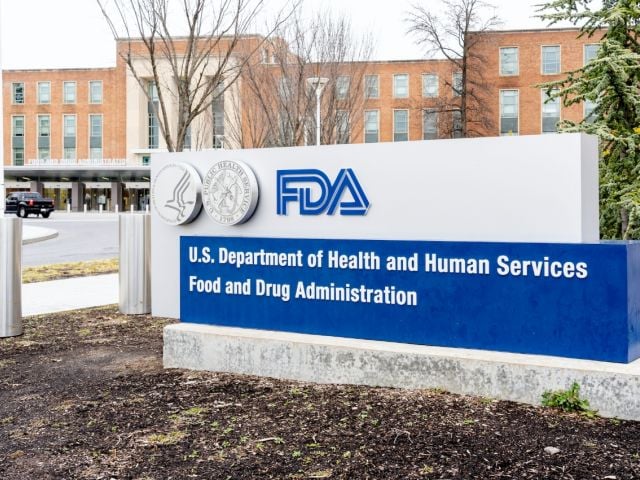
By Alex Formuzis, EWG Vice-President for Media Relations
Raw political power was on display last week in the U.S. Senate. The "world's greatest deliberative body" had just completed two years of negotiations over legislation to safeguard the nation's food supply, and for the first time Congress was poised to take a moderate step in the right direction by restricting the use of the plastics chemical bisphenol A (BPA) in baby bottles and infants' sippy cups.



